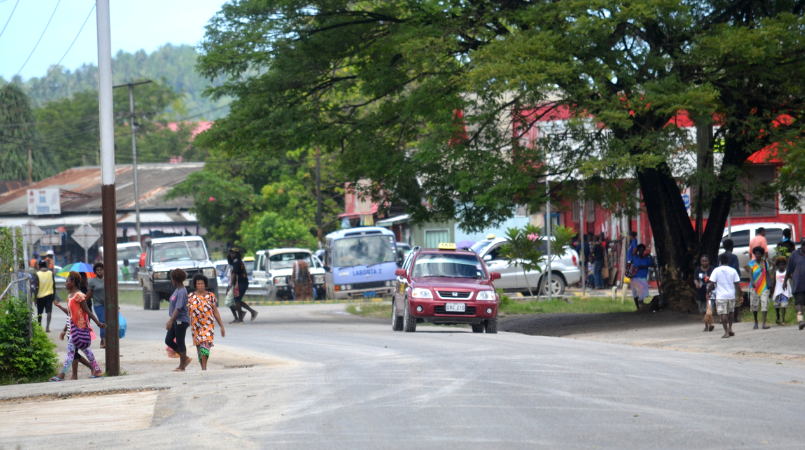
The National Research Institute Bougainville Referendum Project has launched two latest Autonomy Research Reports and a Fortnightly Commentary on the referendum process.
The two research reports are the latest entries of seven reports prepared by the NRI Bougainville Referendum Project as part of the preparation of the Bougainville Referendum in 2019.
The two reports, launched last Thursday, look at autonomy from two perspectives: Political and Fiscal Autonomy.
The first around political autonomy was undertaken by a team of three researchers from EURAC.
The authors responded to the questions posed in the terms of reference. The questions were;
• What is autonomy?
• Why do countries establish autonomy governance arrangements?
• What are the different types of autonomy arrangements?
• Assess Bougainville’s current autonomy arrangements from an International Perspective?
• What are some alternative autonomy options between the existing arrangement and full independence?
“Their report discusses and presents information in response to the questions but more importantly, provide a framework to look at Bougainville’s current autonomy arrangements, allowing someone to do their own analysis,” said Dr. Thomas Webster, Project manager of Bougainville Research in the Governance Program at NRI.
“One of the key concluding points they make is that it is one thing to have a legal basis for autonomy. The greater challenge is to take it on and make it work.”
The second research report is titled; “Financing for Fiscal Autonomy: Fiscal Self-Reliance in Bougainville”, by Profession Satish Chand of the School of Business, ADFA College, University of New South Wales.
The report responds to a set of questions which include;
• How is fiscal self-reliance defined in the legislations?
• What progress has the ABG made in achieving fiscal self-reliance?
• What are the revenue options for the ABG?
• How much revenue would a future Independent Bougainville require?
“He goes on to offer a few options to grow the economy in order to expand the tax base.
It is a very valuable contribution to understanding the fiscal capacity at the current moment as well as for a future Bougainville,” said Dr. Webster.
Dr. Webster says there will be a need for more issues and discussion papers following on from these research reports, breaking up the key issues highlighted and taking a closer analysis, particularly from a more localised perspective.
Also launched was the “Bougainville Referendum Research Fortnightly Commentary”, an additional publication series.
(Filepic)
